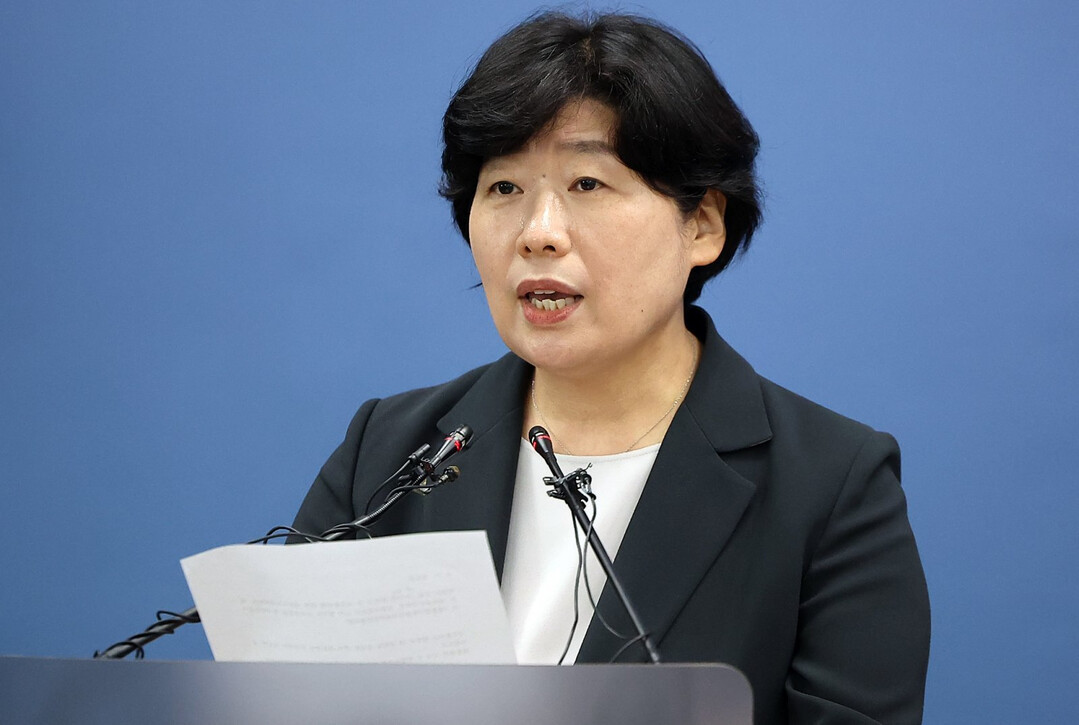
Seoul, South Korea — The special counsel investigating alleged internal rebellion has announced it will indict former President Yoon Suk Yeol on charges of general treason (일반이적 혐의), without further questioning, concluding he deliberately escalated military tensions to create a pretext for declaring illegal martial law.
Special Prosecutor Jo Eun Seok’s team, led by Deputy Special Prosecutor Park Ji Young, contends that Yoon, in his capacity as Commander-in-Chief, sanctioned the controversial ‘Pyongyang Drone Operation’ despite the high risk of exposure to North Korea. This action, the counsel alleges, served to destabilize security on the Korean Peninsula and ultimately provided an advantage to the adversary.
The Treason Allegation: Escalation for Political Gain
Deputy Special Prosecutor Park Ji Young confirmed on the 16th that all prepared questions were posed to Yoon the previous day, and no further questioning would be pursued. Although Yoon invoked his right to remain silent during the formal interview, he reportedly denied the charges off-record, claiming he “was not briefed on every detail, and the foreign relations crime does not apply.”
The special counsel, however, maintains that Yoon’s actions constituted general treason, which is applicable when a person harms the military interests of the Republic of Korea or provides benefits to an enemy state.
The prosecution’s theory is that between October and November of last year, Yoon approved the deployment of surveillance drones into Pyongyang and Nampho (Nampo) airspace, knowing this would dangerously heighten military tensions along the border. North Korea responded swiftly, with the Rodong Sinmun, the organ of the Workers' Party, reporting on the debris analysis of the infiltrating drones. The North Korean defense spokesperson claimed the wreckage was identical to drones used in a Republic of Korea Armed Forces Day ceremony, thereby proving a military incursion.
In direct response to the drone infiltration, North Korea:
Issued an order for border artillery units to assume a firing posture on October 11 of last year.
Dynamited sections of the inter-Korean connecting roads along the Gyeongui and Donghae lines four days later.
Security Compromise and 'Pinpoint Appointment'
Crucially, the special counsel argues that the Drone Command failed to properly execute ‘encryption verification procedures’ against drone hacking before launching the mission. This security lapse, they allege, allowed the enemy (North Korea) to determine the flight path and origin point of any downed drone, directly benefiting the adversary.
The indictment will target Yoon as the final approver, alongside key military and defense officials as co-conspirators of general treason:
Kim Yong Hyun (Former Minister of National Defense)
Lee Seung Oh (Former Joint Chiefs of Staff Director of Operations)
Kim Yong Dae (Former Drone Commander)
The investigation further suggests that Kim Yong Hyun, during his tenure as Chief of the Presidential Security Service, appointed his junior military academy alumnus, Kim Yong Dae, to the Drone Command with the specific intent of preparing for the ‘Pyongyang Drone Operation’—a move the counsel describes as a ‘pinpoint appointment’ (핀셋 임명).
The special counsel is expected to forward the case to the courts soon, forcing a judicial confrontation over the allegations that the former president deliberately manufactured a national security crisis to justify a political power grab through an emergency decree. The outcome of this trial will have significant implications for the relationship between the military command and the executive branch in South Korea.
[Copyright (c) Global Economic Times. All Rights Reserved.]




























